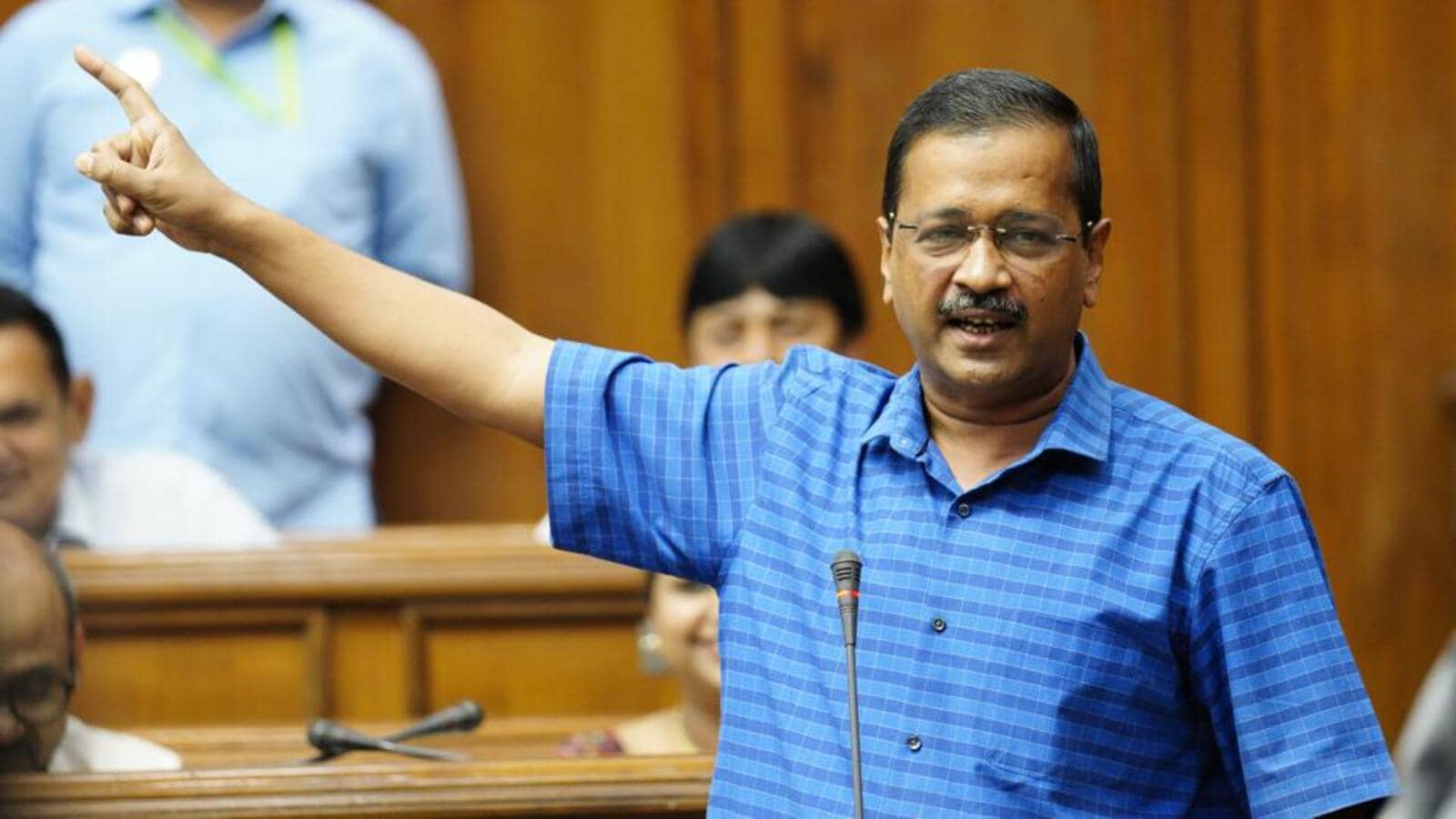
The Delhi Municipal Corporation (Amendment) Act, 2022, will take effect on May 22 and will legally unite the three Municipal Corporations of Delhi, according to a notification released by the central government on Wednesday (May 18).
The planned unification of the MCDs’ first administrative step would be to invalidate their boundaries, which might be the “easiest chore” in the process. “Unlike the MCD trifurcation, when new maps were required, today all that is required is to proclaim that everything is under one corporation,” a senior BJP leader remarked.
The next stage would be to unite the three firms’ workers under one roof. While the number of lower-rank employees will remain stable, the number of higher-rank positions may decline by a third. In the unified corporation, for example, instead of the present three directors, one for each of the three MCDs, there will be one director for each department such as horticulture, sanitation, education, health, and hospital. Commissioners, committee chairs, and mayors will all be held to the same standard.
Direct election of mayors, with tenures of at least two and a half years instead of the current one year, and provisions for direct transfer of funding from the Centre are among the measures being explored, according to senior BJP officials.
Financial issues have engulfed all three businesses, however the East and North MCDs have been hit harder than the South MCD.
The East and North MCDs’ total budget deficit surpasses Rs 2,000 crore. The South MCD was solvent till a few years ago, but it is now in financial trouble as well, with a budget shortfall of Rs 500 crore, according to a top south corporation official.
The three companies’ combined yearly revenue is roughly Rs 6,700 crore, whereas their total annual wage and pension cost for their combined 1,60,000 employees is around Rs 8,900 crore. “By reducing the number of personnel and renting out part of the empty facilities, the municipal body would be able to save roughly Rs 200 crore if the corporations were amalgamated,” a senior official said.
Unification would provide “a lot of additional advantages,” said to Yogendra Singh Mann, former director of the North MCD’s publicity and communication wing.
“For starters, there would be a balance of resources, income, and costs,” Mann says. North is now experiencing salary delays on a regular basis. There will be homogeneity after the unification.” Planning would also be better with a centralised authority for things like parking fees, property taxes, and new local projects, according to Mann.
Unification alone, according to an East MCD official, will not assist until other issues are resolved. “We need to figure out the financial arrangements.” “The companies must be paid their dues, and remunerative project planning must be done,” the official stated, adding that “if done effectively, the planning would help the MCDs recover; otherwise, it will impair the financial status of all three MCDs.”
The former civic body was divided in 2012, when the Congress was in power in Delhi, in order to “decentralise” the massive MCD. However, fixing civic body borders in such a way that the Congress could make inroads into the MCD, which had become a BJP stronghold, was also a political manoeuvre.
It looks to be déjà vu ten years later. While the BJP now controls the MCDs, it sees political benefits in cementing their borders.
The AAP-led Delhi government, according to the BJP-run MCDs, has deprived them of cash. “The merger effort will enable the BJP send out a message to the public that if elected back into power, they can address the MCDs’ funding issue,” a party leader said.











